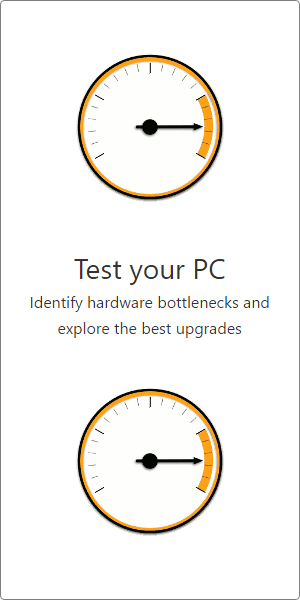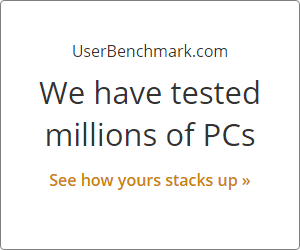Effective Speed
+18%
Poor: 88%
Great: 105%
SPEED RANK: 98th / 1468
| Effective Speed
Effective CPU Speed |
116 % | Faster effective speed. |
98.9 % |
Average Score
+33%
Overclocked Score
+41%
Value & Sentiment
+121%
Nice To Haves
+42%
Conclusion
Average Bench 116%
Average Bench 98.9%
User Builds
102
84,873
Systems with these CPUs
Top Builds that include these CPUs
Frequently Asked Questions
Processors FAQ
ALL FAQs »

 CPU
CPU
